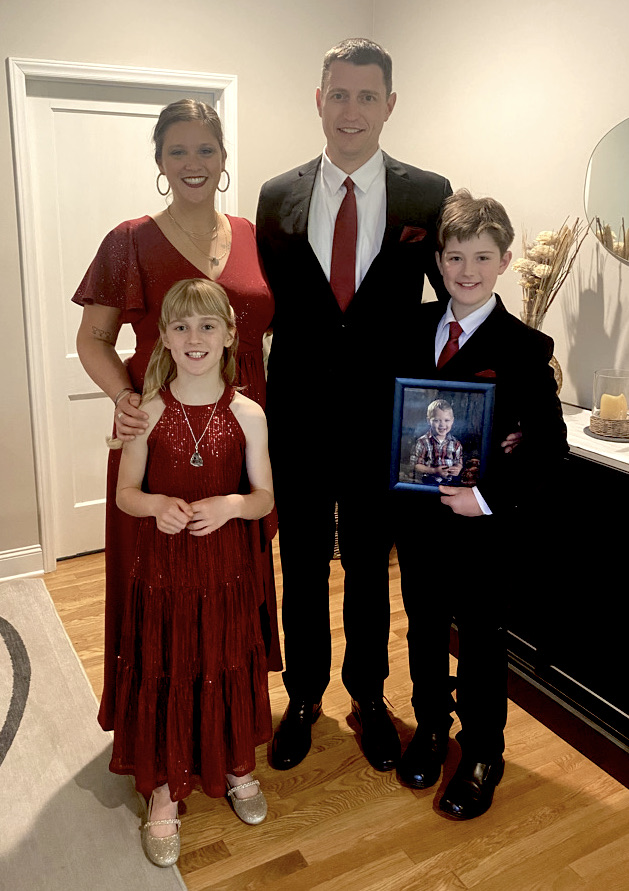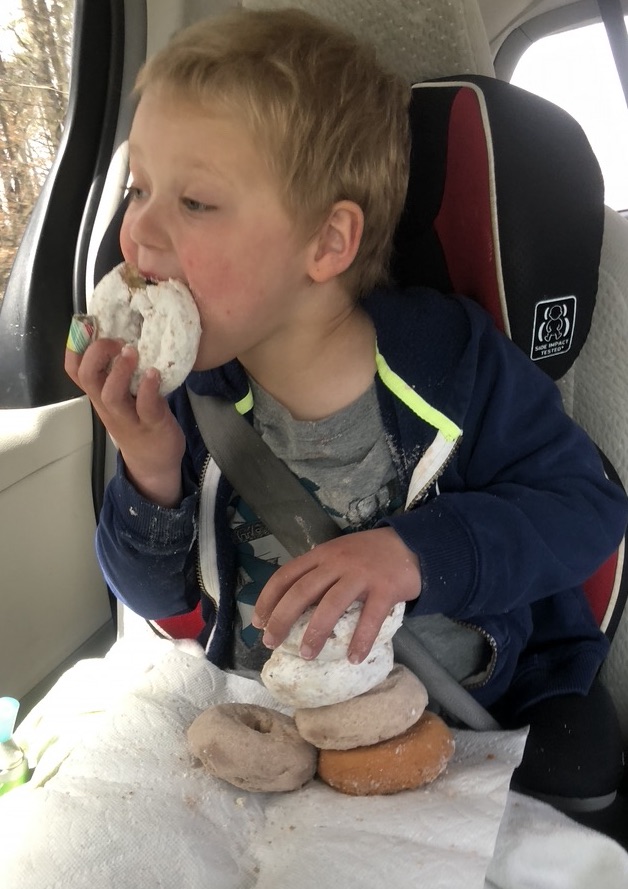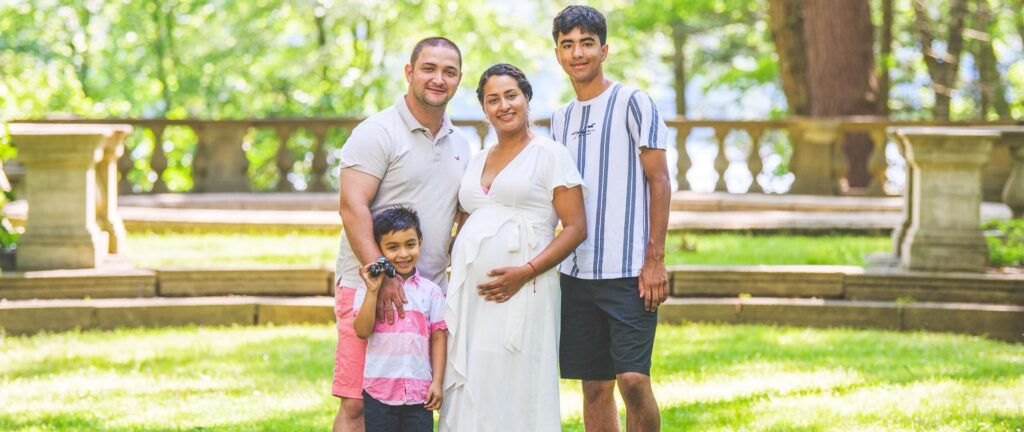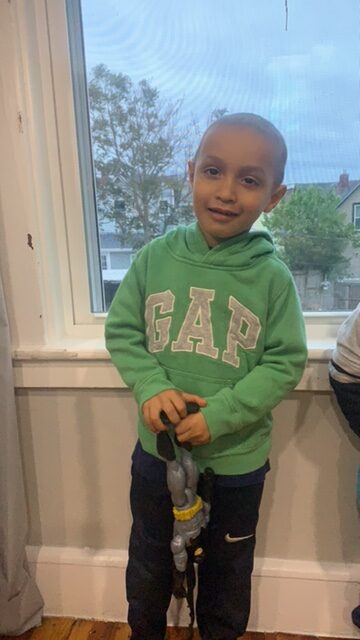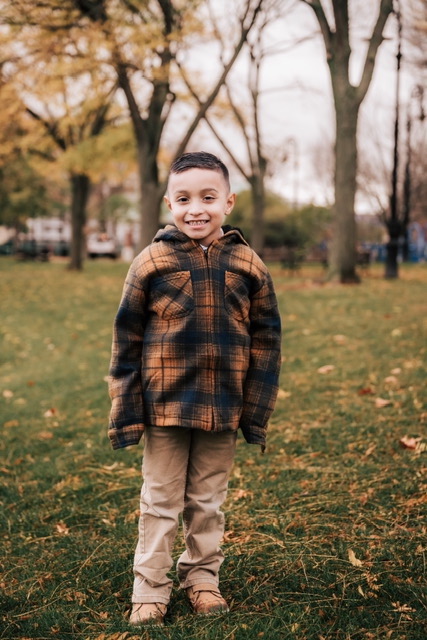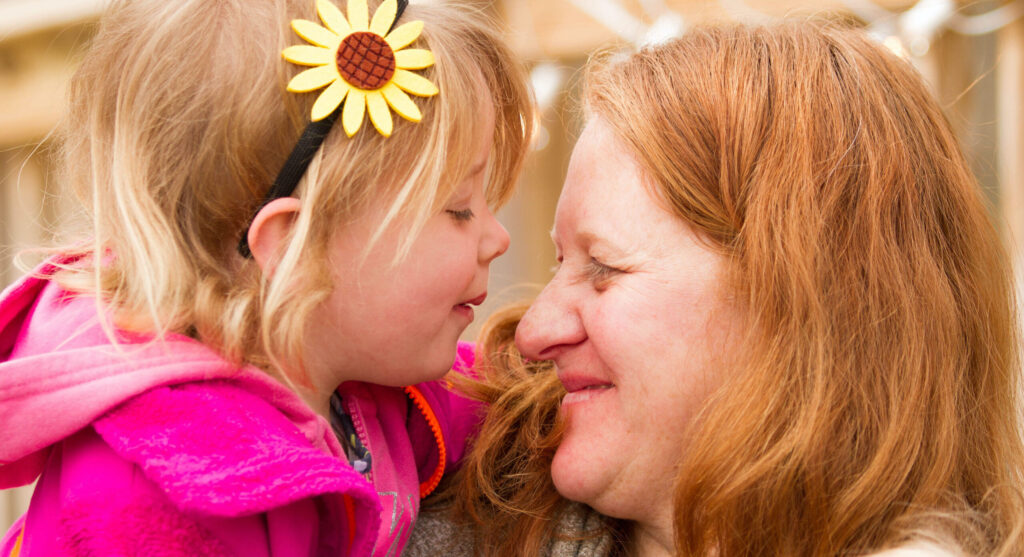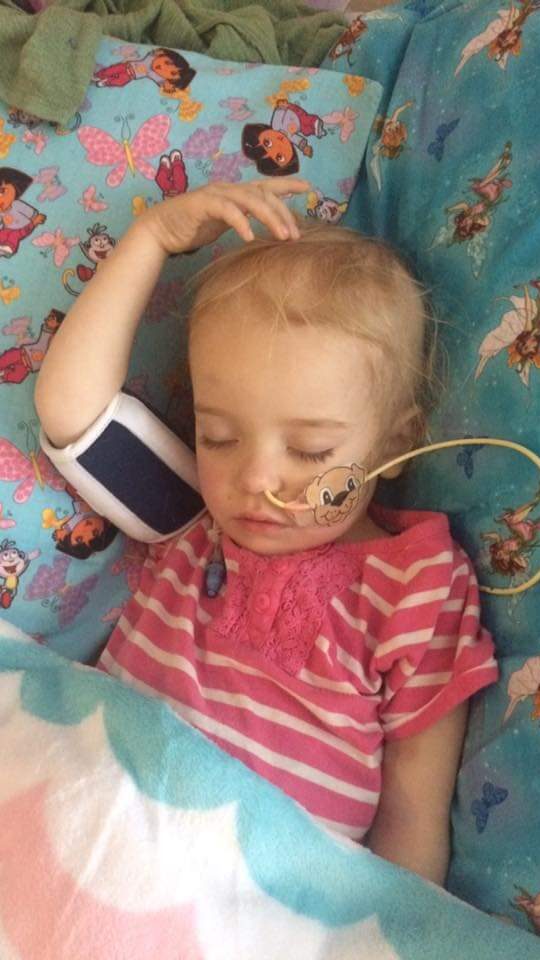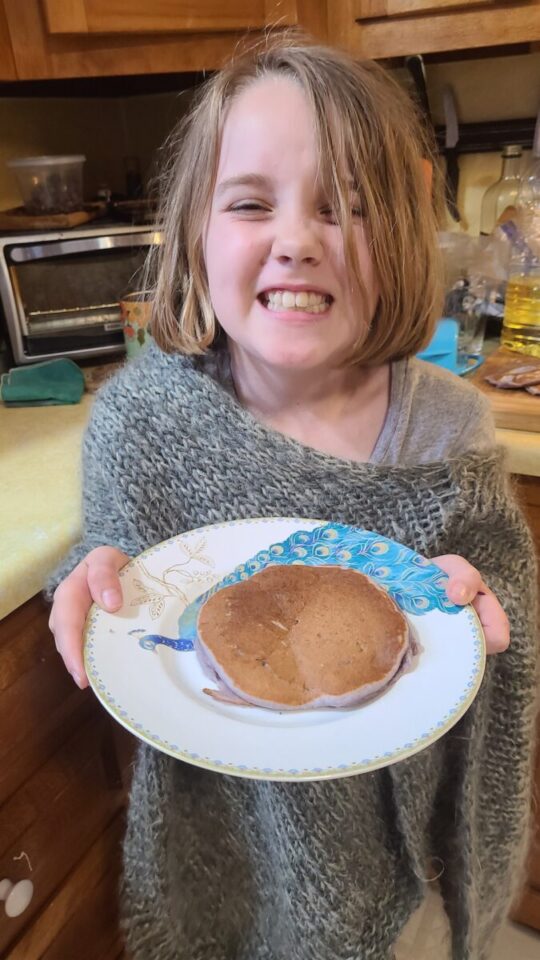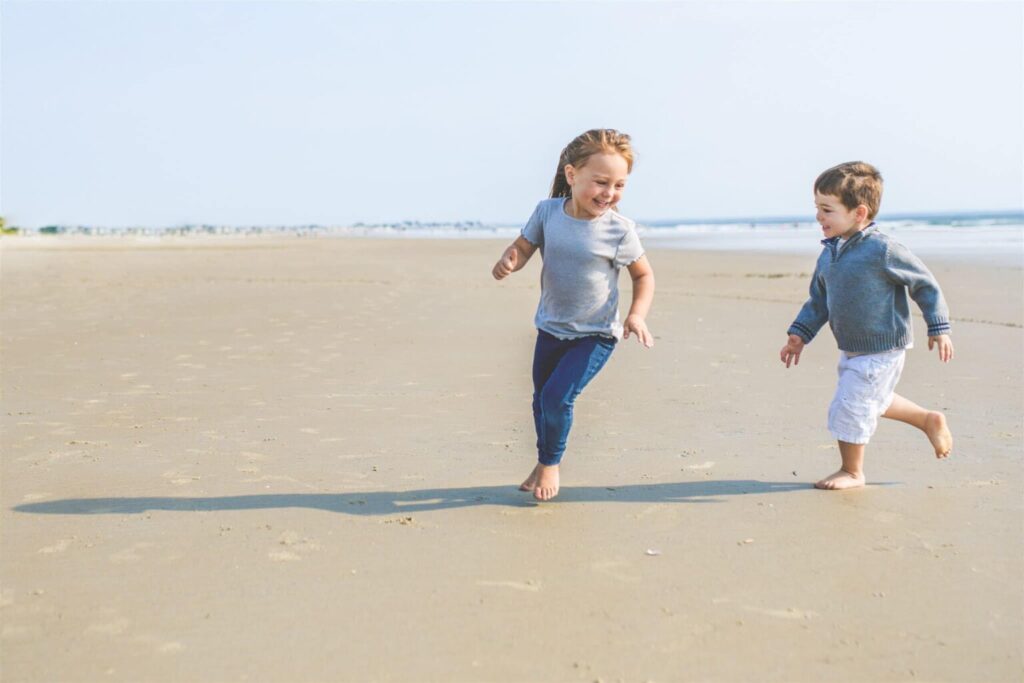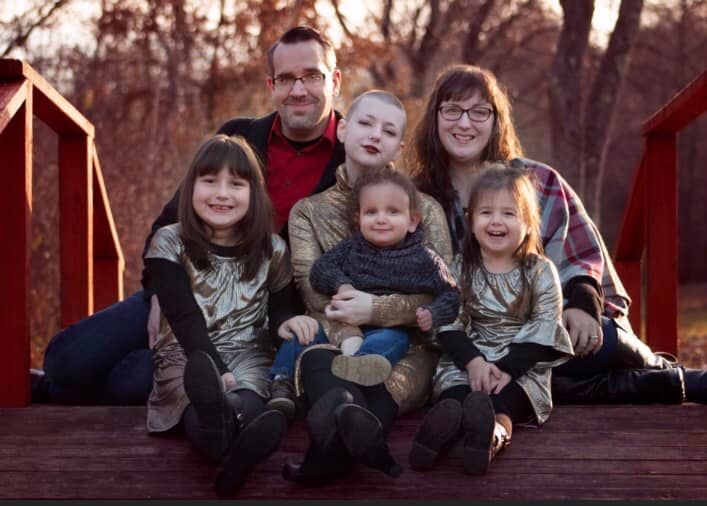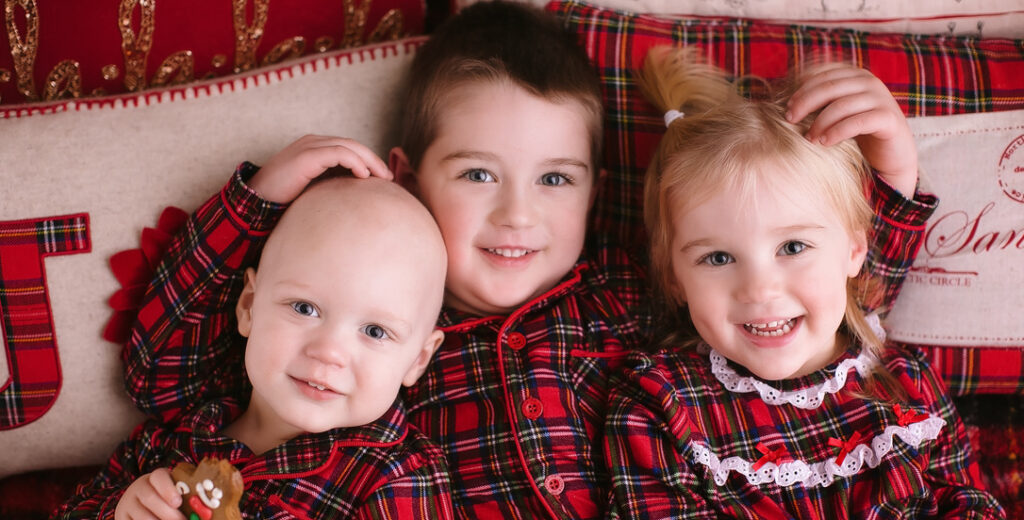
A diagnosis of Acute Lymphoblastic Leukemia (ALL) isn’t typically a life sentence for a child. In fact, the 5-year survival rate for U.S. ALL patients younger than age 15 increased from 80.2% to 87.5% between 1990 and 2000. It’s referred to as “the good cancer” in children. And while that does offer some relief to parents receiving the terrifying news, the treatment is long, grueling, and incredibly difficult. And that incurable 12.5% looms large.
This is Henry’s story. He should have been in that 87.5%. He successfully made it through the 3.5 years of treatment. And his family celebrated–albeit cautiously. Because as Henry’s mom so rightly reminds us, “It was always in the back of our minds that this was cancer. That horrible things happen to people with cancer. That this is not an easy journey, and it doesn’t always have a happy ending–even if we were told there was no reason Henry would not be a survivor.”
It was April of 2017 when Henry’s symptoms came on very quickly—of utmost concern was his sudden distended belly. He was looking pale and threw up once or twice. His parents, Toby and Brenna, brought him into the local pediatrician on a Saturday morning. Her exam revealed a swollen spleen, which warranted an ultrasound and bloodwork. The labs didn’t look good, and the ultrasound revealed an enlarged liver and spleen. The doctor sent them to the nearest specialty hospital—Dartmouth Health. There they did more tests and imaging and gave Henry an IV. At 10pm that night, while Henry was asleep in his hospital crib, the team of doctors came in and told them that Henry most likely had leukemia. They would need to wait two more days to have the official diagnosis through the bone marrow biopsy, but the medical team was fairly certain he had cancer.
“To say we were in shock, devastated, and in denial is a complete understatement. I remember sobbing in a fetal position on the hospital room floor. We talked to each other, promising that we were going to tackle this like anything else. We promised to stay strong for Henry, our other kids Elodie and George, and each other.”
-Brenna, Henry’s mom
All things considered, Henry’s cancer journey was pretty “normal.” It was 3.5 years long, beginning with 10 months of intense treatment. While in the hospital, they ordered hand sanitizer dispensers, Clorox wipes, and had their house professionally cleaned for when Henry returned with a compromised immune system. Henry lost his hair twice during those first 10 months. He wasn’t allowed to go to school with his twin sister, or visit his grandparents’ farm where he had gone once a week since birth until he was diagnosed. They had to keep him free from as many outside germs as possible. They couldn’t wait until the “maintenance” phase of treatment, where they were told his immune system would strengthen and things could get back to “normal.”
Unfortunately, Henry’s transition into maintenance treatment was not easy. He contracted a rare virus called Coronavirus (this was back in 2018), which caused pneumonia. He was in the hospital off and on for 3 weeks while they figured out what was going on. He needed to have a bronchoscopy, which was the first time he was put on a ventilator. He ended up needing oxygen while he slept at home for over a month. That helped rest his lungs enough to strengthen him. As he recovered from the virus, he got stronger, he didn’t need oxygen anymore, and he was able to eventually join his siblings at school.
Once Henry was safely transitioned into the maintenance phase of treatment, things went really well. The Iselins created many favorite memories of life with Henry during this time. He was on maintenance for about 2.5 years, going for monthly chemo appointments, taking chemo nightly at home, and having “doctor naps” (ie., spinal taps) once every 3 months. Looking at him, no one could tell he was sick. He developed right alongside his twin sister and other peers. He was vibrant and happy, and took his pills every night like a champ. Everything was going amazingly, and the end of treatment was getting close.
Henry’s last official chemo pill day was August 24, 2020. The family was excited (yet nervous) to finally reach the end of treatment! As they got closer to the date, however, Henry came down with chicken pox. He was vaccinated with the first dose at 12 months old, but after he was diagnosed with leukemia, he wasn’t able to get the second vaccine. They didn’t know it was chicken pox at the time– it presented more like hand-foot-and-mouth disease. He visited his pediatrician a few times, but once he wasn’t able to eat or drink due to the discomfort in his mouth, he was sent up to Dartmouth.
Henry was admitted back to the hospital the day after he finished his 3.5 year cancer treatment. Once there, he was quickly diagnosed with chicken pox and put on an anti-viral medication. He didn’t get it in time, though, because soon the chicken pox spread to his lungs. He was intubated and even with the ventilator on its highest setting, it wasn’t enough to support his lungs. Henry was flown to Boston Children’s Hospital and quickly put on ECMO. The ECMO machine did what it needed to do. It gave Henry’s lungs a chance to stop working for several days and just rest and heal. While on ECMO, however, the doctors discovered Henry had contracted a fungal infection. They immediately became very concerned about having foreign objects in his body (his port, the tubes for ECMO), and so they unceremoniously removed his port. Once off ECMO with healing lungs and back on the ventilator, they took Henry for an MRI. They were concerned about the fungus, and rightly so–the MRI revealed that Henry had fungus in his brain, deep in his hypothalamus.
From this point on, it was one step forward, two steps back. Henry fought so hard. He was faced with multiple life-threatening issues, and he kept on going. This included fungus in his eye, three aneurysms, a never before done brain surgery, SVT, a tracheostomy, fear of relapse, and much more. Eventually brain damage caused by the fungal infection caused his heart stopped for six full minutes. They were able to revive Henry, but that incident completely changed the course of action–they were told his brain would never recover. Henry died three days later in the comfort of his mom and dad’s arms listening to peaceful music and still cancer free.
***
Toby and Brenna knew how hard this loss was going to be for them as a couple, and for Elodie and George, Henry’s siblings. After they knew that Henry was going to die, they made legacy casts of his handprints and footprints. They were later able to use those to create many special pieces in a shrine to Henry and throughout their home. As a couple, they promised to communicate and be there for one another’s grief, and to be open with their children by continuing to talk about Henry, and how much he’s missed, every day. Of course it’s been incredibly hard, and of course they’ve had difficult times personally and in their relationship, but they continue to recommit to communicating openly with each other every step of the way. And that has helped their family grow into their grief together.
“Communication with your partner and children is so important. This is a life changing event. Everything needs to be honest and out there. This is not a road to be traveled alone.”
Brenna & Toby gave this advice to newly bereaved families
In an effort to really get it all “out there”, the Islelins are members of several grief groups. Rett’s Roost’s monthly bereaved parent meetings have helped them connect with other families, hear how they are coping, and share about their own tumultuous feelings. They also belong to The Children’s Room based out of Arlington, MA, which they highly recommend for their bereaved sibling groups. Toby hikes their local mountain, Mt. Monadnock, weekly for his own therapy and participates in their local Compassionate Friends group. Brenna has been in individual therapy to help understand and deal with her own feelings. George and Elodie participate in the bereaved siblings groups through Boston Children’s Hospital and The Children’s Room.
Toby dove into the world of grief books for himself and copes with “bibliotherapy.” There is a large range of books that he listens to including books about grief and the grieving process as well as books about signs from the other side and life after death. They bought just about every single grief book that exists for children as well, to help answer some of the questions that would come up for Elodie and George about where their brother is now.
On a regular basis, they honor Henry and his short, beautiful life. They attend ceremonies and services at Dartmouth Health and Boston Children’s Hospital where Henry, along with other children, is remembered. They do an annual ‘Hike for Henry’ where the main purpose is to invite other people to take time outside together as a family and enjoy nature, just like Henry did. They started a foundation in Henry’s name so they can give back to organizations that were special to him. They also do fundraisers for Alex’s Lemonade Stand Foundation throughout the year in Henry’s name.
The main thing that keeps them going, however, is that they created a memorial to Henry on the farm he loved to visit. Toby’s parents then gifted them that land, and they built a house right there. Henry’s Spot is now right outside for whenever they want to sit and remember him. They have pictures of Henry and the kids throughout their house, as well as his artwork, toys, and treasures. They talk about him as a family, remember him, and celebrate him constantly.
Henry was an incredible child! For most of his life, when people met him, they weren’t able to tell that he was battling cancer. He was full of life! He was happy and loving. He was so silly. He had just the appropriate amount of potty humor to drive his older brother crazy. Henry loved being outside and spending time at “The Farm,” which is the farm where his dad grew up – with his Mimi and Paipa. He also loved being with his other grandparents, Yaya and Papa. Henry went to the Montessori Schoolhouse of Cheshire County in Keene, NH for the toddler program and preschool. He loved learning and trying new things. He was cautious yet brave. He appreciated the small, gentle things in life – pretty stones/rocks, wildflowers, slow walks holding hands, little bugs, and more. He absolutely LOVED donuts and mac and cheese, tractors, and gators (the driving kind). During Henry’s “Doctor Days” he loved driving around in the Little Tykes car with his keys in the ignition – whether those were toy keys, real car keys, or a straw acting as a key, he always had a key for his car! While at the doctor he also loved his mac and cheese (every time), favorite nurses, iPad time (a special treat!), and playing doctor on dolls with all the appropriate medical tools – IV’s, port, syringes, and more!
***
We first met the Iselins during the pandemic when we were holding online grief retreats for parents. We asked Brenna how Rett’s Roost has helped them cope over the last few years without Henry, and she shared the following…
“We appreciate the monthly peer support meetings that are held. It’s really nice to connect with other bereaved families and hear how they are continuing to cope and survive. The last two years we participated in the annual Behold the Cold Polar Plunge, helping fundraise for Rett’s Roost in Henry’s honor. It is so therapeutic to run into a freezing cold ocean together as a family in memory of Henry. That got me more interested in cold water therapy in general, and now I love taking cold showers – something I thought I would never do. Rett’s Roost also sends special things throughout the year – maybe something for our surviving children’s birthdays, or the anniversary of Henry’s death. It makes us feel as though someone is continuing to watch out for us and that Henry is remembered. And although we have not been able to attend one of the family retreats yet, it is certainly something we hope to do.”
Brenna on how Rett’s Roost has been a part of their life since Henry’s death
